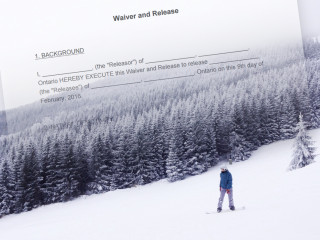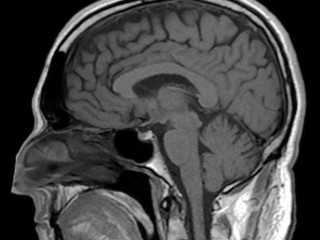Released Semptember 23, 2015 | Full decision [OTLA Document Bank]
This was a motion before the Divisional Court for leave to appeal an order dismissing a summary judgment motion.
The defendant, Elizabeth Carroll had pleaded that she was driving her mother, the defendant Celina Carroll’s car with permission. Apart from the presumption of permission, all other evidence, including the sworn testimony of both defendants on discovery, indicated that Elizabeth had taken the car without permission. Celina died in 2011.
On the motion for summary judgment, counsel for Celina sought to have the claims against her dismissed on the basis of the preponderance of evidence that she had not given permission.
The co-defendant, TD Home and Auto Insurance Company, opposed the attempt to use Celina’s and Elizabeth’s discovery transcripts as evidence. The motions judge does not appear to have considered Celina’s evidence, and placed no weight on it in his decision.
Regarding Elizabeth’s evidence, the motions judge found that she had made an “admission” in pleading that she had permission to drive the car, and that she should not be able to withdraw this “admission” on the motion. As a result, he refused to give weight to her contradictory sworn testimony.
Finally, the motions judge found that the moving evidentiary record was deficient, and as a result a “mini-trial” was not an appropriate means of resolving the issue.
Although confirming that leave to appeal will rarely be granted in these cases, Justice Corbett of the Divisional Court granted leave to appeal the motions judge’s decision. The motions judge had failed to rule on the admissibility of Celina’s evidence, and failed to give any weight to this evidence. He had refused to admit the discovery evidence of Elizabeth’s because of its inconsistency with her pleadings, when Celina, as an adverse party, should have been entitled to adduce this evidence to make her case. The motions judge had conflated the “mini-trial” with the broad range of alternatives to trial proposed in Hryniak. And finally, he had failed to seize himself of the matter without reasons for this decision.
Justice Corbett further concluded that it was a matter of general importance to the administration of justice to consider whether the motions judge’s approach was consistent with the Hryniak principles.












